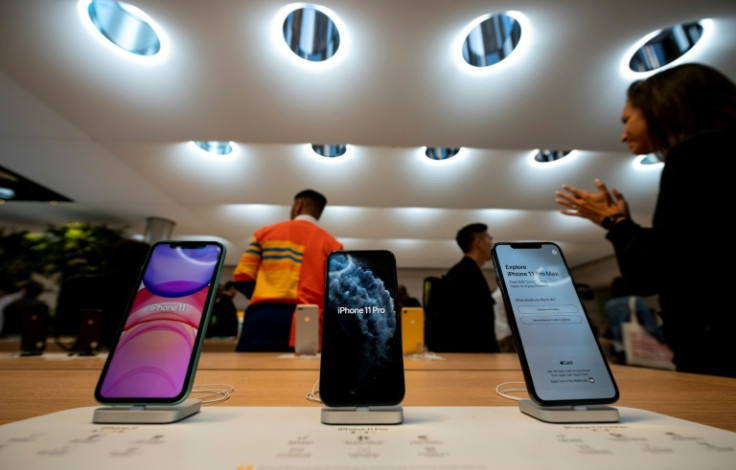iPhone 14 rumours: Some models tipped to come without physical SIM card slots
Mark Gurman claimed Apple is planning to replace the physical SIM card slot on its next iPhones with an e-SIM, as part of its push toward eSIMs.
iPhone 14 is creating a buzz ahead of its impending launch. We are just two days away from the Cupertino-based tech firm launching a myriad of awe-inspiring products. However, there's understandably more hype surrounding the next iPhones that are slated to break cover on September 7.
The next iPhones are tipped to adopt a radically overhauled design. Moreover, the new smartphones from Apple will reportedly boast a slew of upgraded features and top-notch specs.
Now, a new report suggests that the American tech firm is planning to ditch the physical SIM card slot for the iPhone 14 series.
Bloomberg's tech reporter Mark Gurman claims that Apple is considering getting rid of the SIM card slot for its next iPhones. For those unaware, Gurman has a reputation for accurately reporting Apple's product plans.
Although models launched after the iPhone 11 look largely similar, Apple has been sparing no effort to bring new innovations for forthcoming iPhones. In his latest Power On newsletter, Gurman states that the company has internally talked about launching a SIM cardless iPhone.
However, he suggests that the iPhone 15 is more likely to come without a SIM card slot in 2023. To recall, past leaks have hinted at Apple's plan to remove the SIM card slot a few times. This coincides with Apple's push for e-SIM and handsets without a port.
So, we could see the next iPhones, or at least select models, featuring digital, embedded SIM cards. As the naming suggests, an e-SIM is a digital SIM that made its debut a few years ago.
With e-SIMs, users will be able to activate cellular plans even if they do not have a physical SIM card. Regrettably, e-SIM support is not available in all markets yet. So, there is a possibility that the iPhone 15 could get e-SIM card support, rather than the upcoming iPhone 14 series. Nevertheless, with technology advancing, we might end up witnessing the launch of e-SIM card-enabled phones sooner rather than later.

© Copyright IBTimes 2024. All rights reserved.






